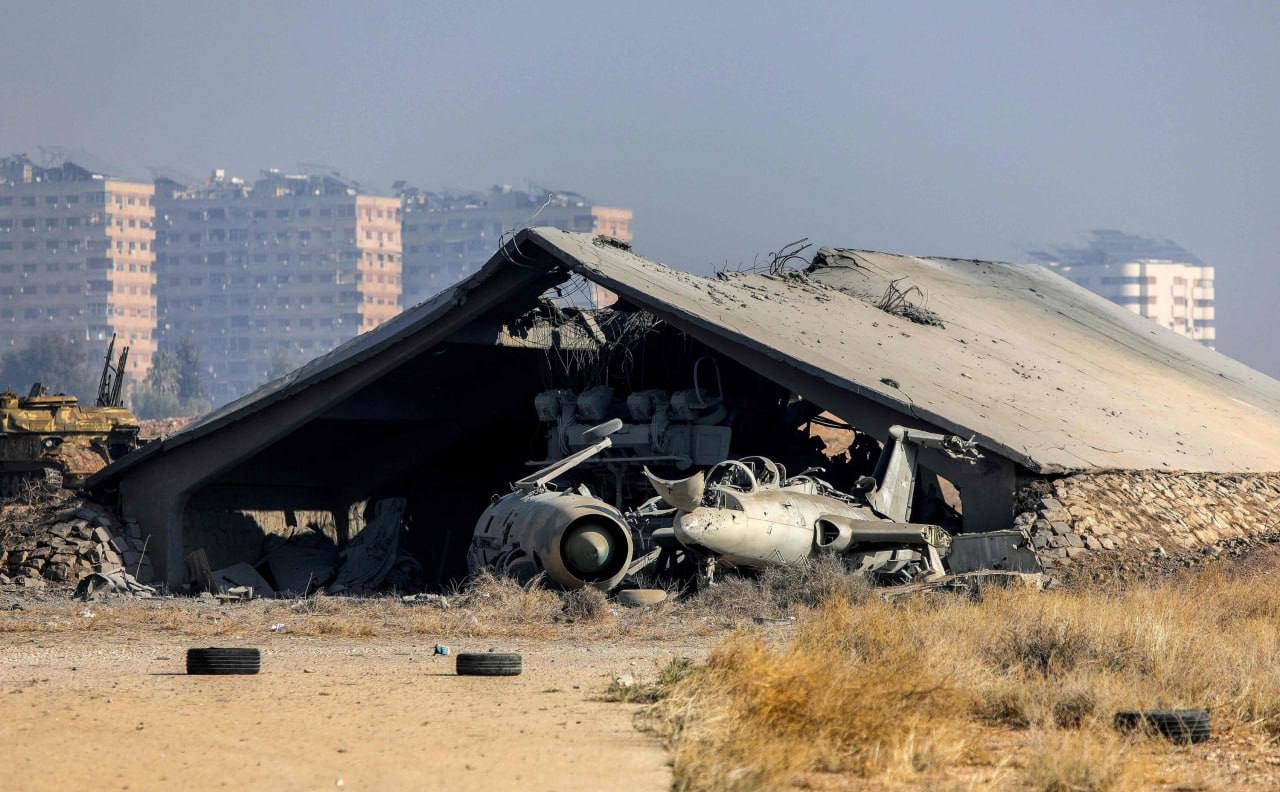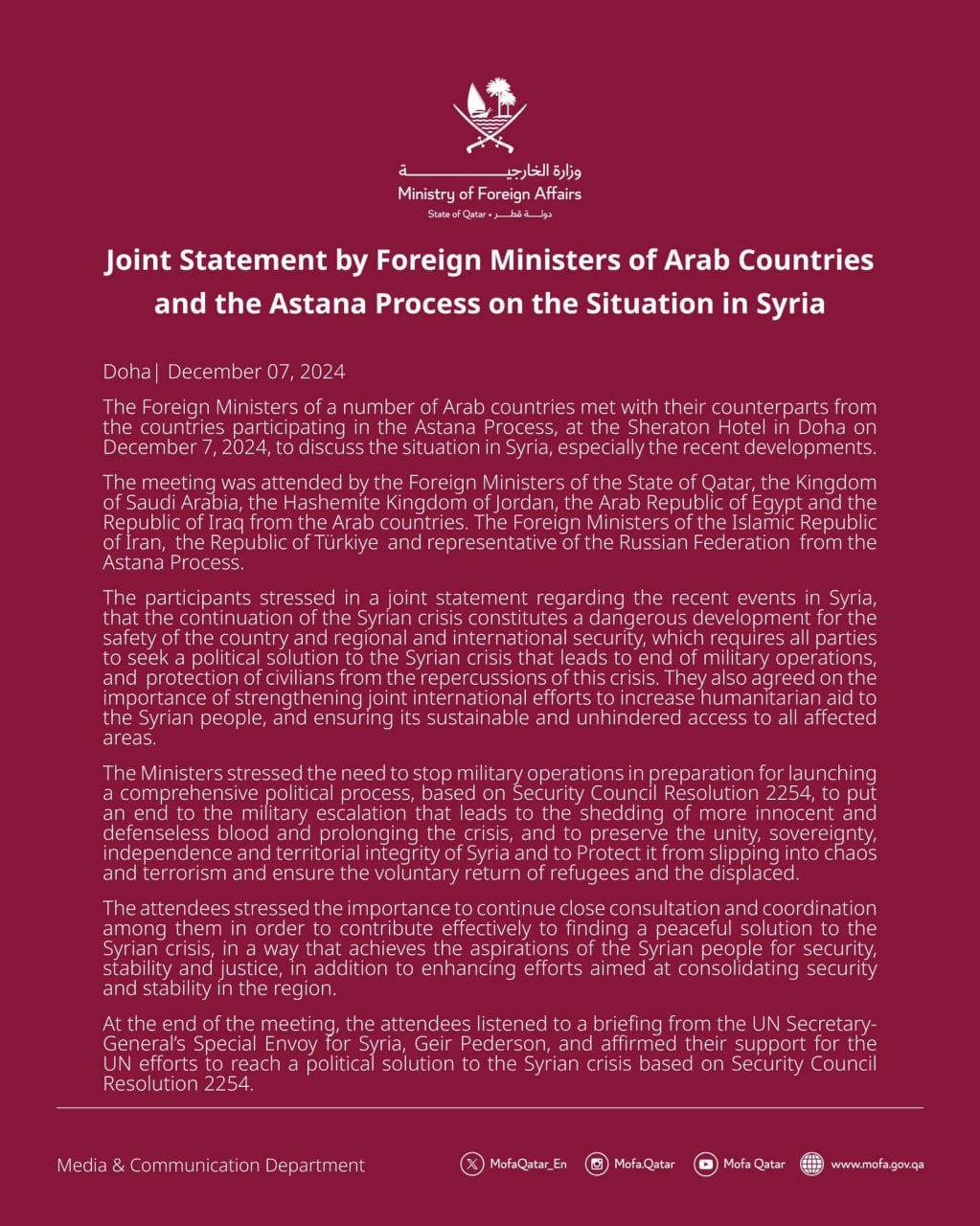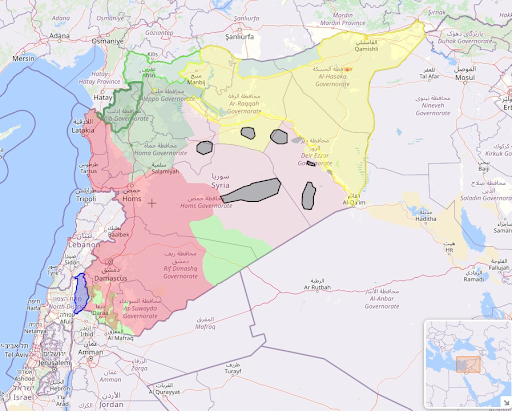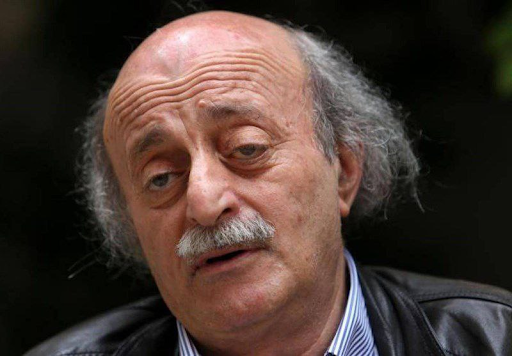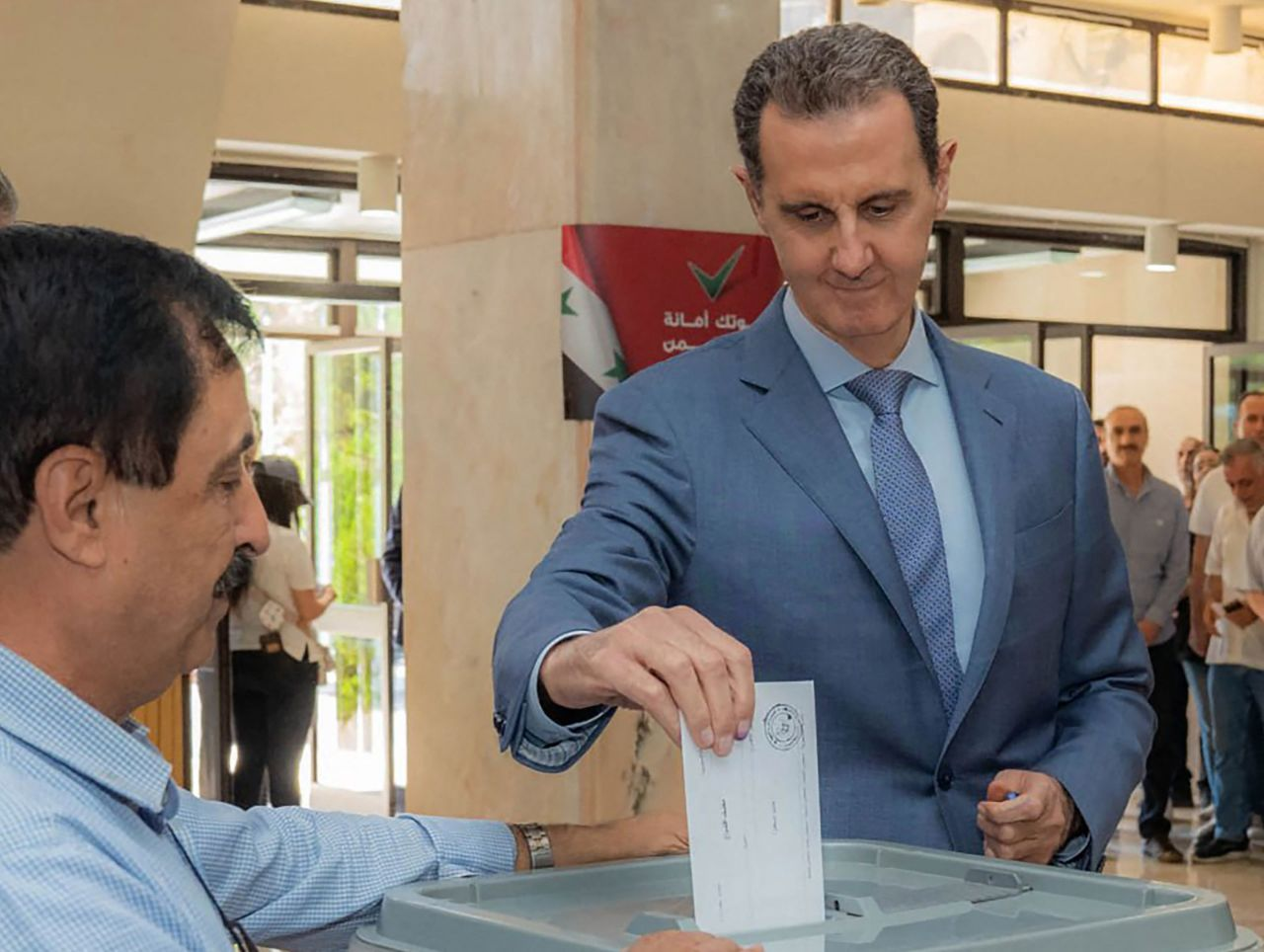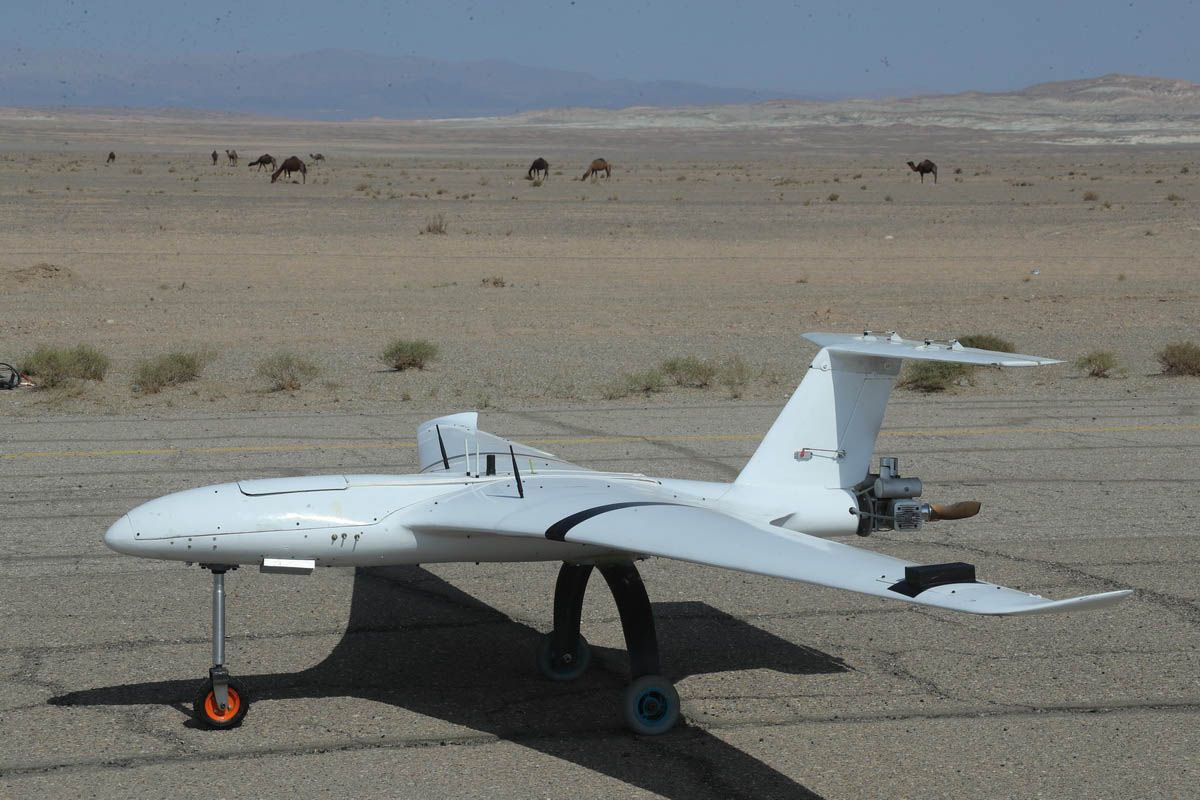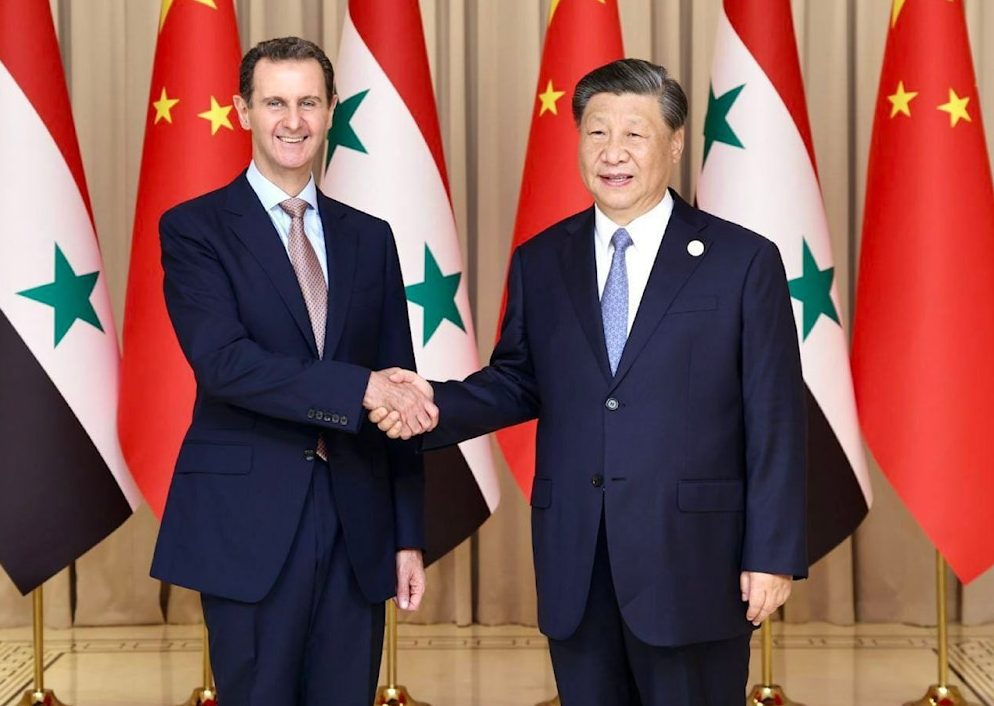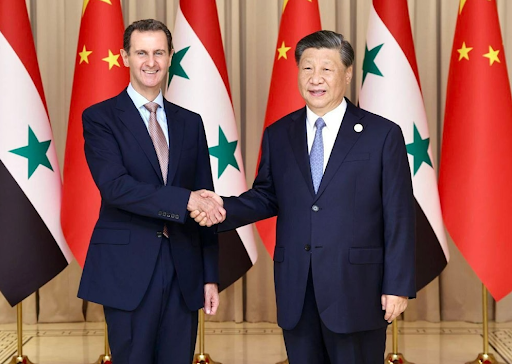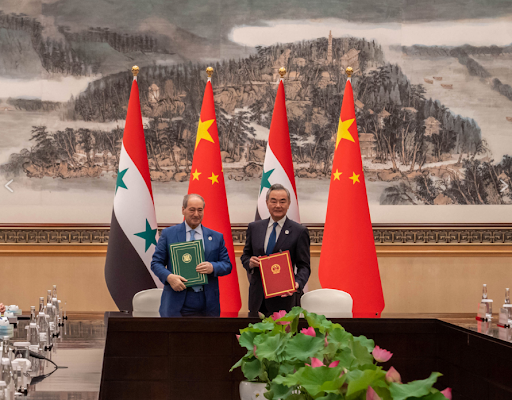
Media Review: Syrian opposition received Ukrainian support to undermine Russia and its allies
The sources told the newspaper that “Ukrainian intelligence sent about 20 experienced drone operators and about 150 drones to the rebel headquarters in Idlib, Syria, four to five weeks ago to assist Hayat Tahrir al-Sham.”
Western intelligence sources believe, according to the newspaper, that Kiev’s assistance played only a modest role in the ouster of Syrian President Bashar al-Assad, but it was notable as part of a broader Ukrainian effort to covertly strike Russian operations in the Middle East, Africa and inside Russia itself.
“Ukraine’s covert aid program in Syria was an open secret, though senior Biden administration officials have repeatedly said they were unaware of it,” she added. “The motivation behind it is clear: Facing a Russian onslaught inside their country, Ukrainian intelligence looked for other fronts where it could bloody Russia’s nose and undermine its clients.”


